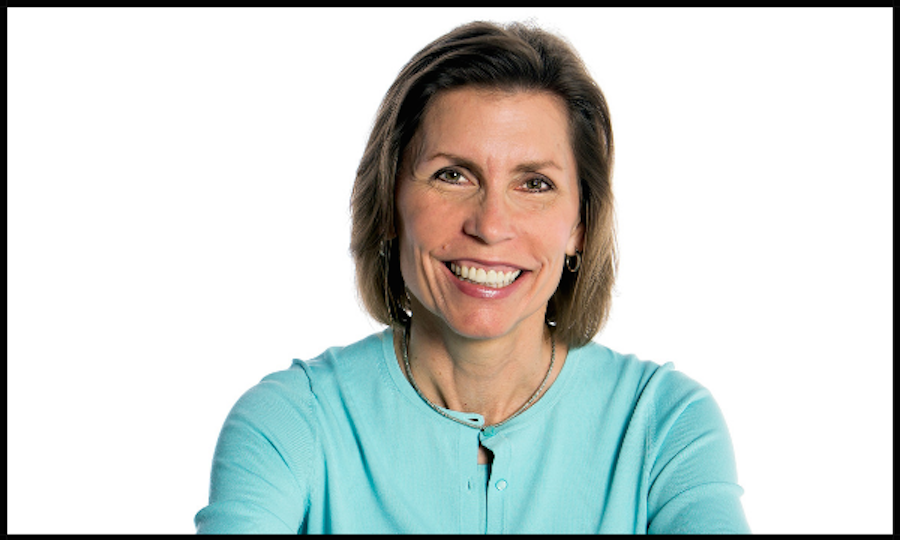Why We Need to Take Responsibility For What We Say on Social Media

According to Webster’s Dictionary, social media is defined as: “forms of electronic communication (such as websites for social networking and microblogging) through which users create online communities to share information, ideas, personal messages, and other content.”
To our tweens, teens and twenty-somethings, social media has always been a part of life, but to those of us who grew up prior to the 1990s, we remember a time before tweets, snaps and posts. Whether we love, or even use, Facebook, Instagram, Twitter or any of the other numerous social media platforms, it is hard to argue with the power and the opportunity that social media provides. It’s also clear that the explosion of social media has had some unintended and destructive consequences.
While social media allows us to share our perspectives, ideas and concerns (as well as pictures of our favorite meals), the development of social media has also given rise to a new form of aggression. Cyber bullying is a very real phenomenon that can cause significant distress and psychological damage, especially to those most vulnerable among us. For example, there have been numerous stories of young people who died by suicide after being severely bullied online.
Another unintended and unexpected consequence of social media is a type of fixation on – or addiction to – unhealthy comparisons to others as well as distress about what we aren’t doing enough of or what we don’t have access to. The notion of FOMO – fear of missing out – is not just fodder for stand-up comics, it has become a significant source of pressure and unhealthy preoccupation for those who look to social media for the validation of their value and worth.
Social media will most certainly continue to play a major role in our society for the foreseeable future and online conversations will continue to shape the attitudes, identities and behaviors of our children and their children. So what can we do to ensure cyber health and well-being?
The first step should be obvious but may be hard to accomplish for some of us. We need to set good examples AND we need to speak out when we see unhealthy interactions. What does this mean in practice? It means resisting the urge to be harsh, unkind, aggressive, mean or even snarky, a word that can be traced back to the early 1900s but seems so perfectly suited to describe the all-too-frequent unhealthy tone that we see adopted on social media.
Being hurtful, harsh or ugly toward others online is easier than being mean to someone in person because of the distance cyber space creates between us and those we attack. But being a bully is ultimately destructive to our own self-esteem and overall health. Studies have consistently shown that kindness, generosity and service to others is far better for our well-being than being selfish, angry or hateful. By modeling and encouraging decency and kindness, we are actually taking care of ourselves as well as those we love.
What can we do when we witness online attacks? We can comment and share our reactions and concerns. As uncomfortable as it may be to respond to harsh comments made by “friends,”by ignoring harshness or hate-speak, we are inadvertently condoning and encouraging it.
This doesn’t mean that we have to police the internet; a simple comment that is more balanced or moderate will have a positive effect on others in the community. But if you do see outright bullying online, it is important to call it what it is in order to protect those who are unable to defend themselves.
And if we want to ensure that our children are healthy contributors to and consumers of social media, we must take the time to talk with them frequently and honestly. As tedious as it may be, we MUST monitor and guide young children as they learn how to use social media. Too many parents abdicate responsibility once they give their kids permission to chat and post, which is like handing your teen the keys to your car on the first day of Driver’s Ed. Kids need help navigating the complexities of human relationships throughout childhood and into young adulthood. Why would we assume that this doesn’t extend to interactions online?
Thankfully, many schools have adopted zero tolerance policies for cyber bullying and sexting, a word that we definitely could have done without. While this is progress, so much that is wrong with social media occurs below the radar. Dinner time conversations should regularly include discussions about the uses and abuses that occur on social media. Parents should create and enforce social media and device-free zones that apply to everyone – like the breakfast, lunch and dinner table. And parents should create cyber holidays for kids during which time they are unplugged and off the grid. If you can join them for all or part of the holiday, even better.
Social media is here to stay. Our job is to use it to enhance and improve our lives and to teach our children to do the same.
Barbara Van Dahlen, Ph.D., named to TIME’s 2012 list of the 100 most influential people in the world, is the president and founder of Give an Hour™. A licensed clinical psychologist who has been practicing in the Washington, D.C., area for over 20 years, she received her Ph.D. in clinical psychology from the University of Maryland in 1991.
This essay was featured in the Jan. 6th edition of The Sunday Paper, Maria Shriver’s free weekly newsletter for people with passion and purpose. To get inspiring and informative content like this piece delivered straight to your inbox each Sunday morning, click here to subscribe.
READ MORE STORIES THAT MOVE HUMANITY FORWARD
READ MORE STORIES THAT MOVE HUMANITY FORWARD
SIGN UP FOR MARIA’S SUNDAY PAPER


